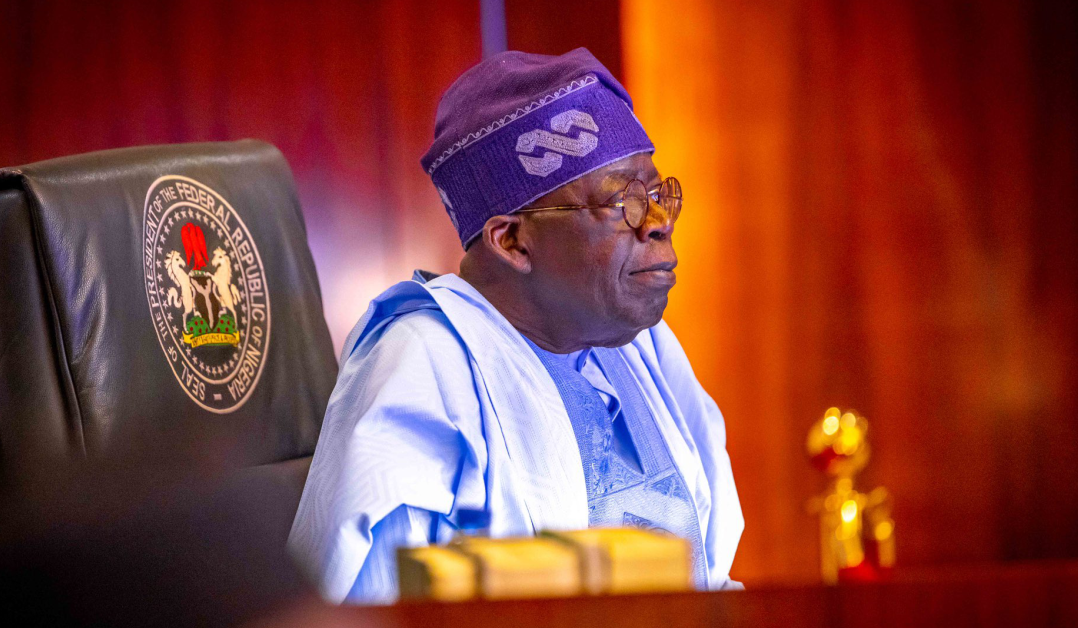In a significant move towards promoting renewable and sustainable energy, President Bola Tinubu has assented to the electricity bill, which authorizes states, companies, and individuals to generate, transmit, and distribute electricity. This landmark decision marks a departure from the Electric Power Sector Reform Act (EPSRA) signed in 2005 by President Olusegun Obasanjo and opens up new opportunities for private sector investments in the Nigerian electricity supply industry (NESI).
The new electricity law consolidates all legislation pertaining to the electricity supply industry, providing a comprehensive and ideal institutional framework for the post-privatization phase of NESI. It aims to encourage private sector participation and investment in the industry, fostering innovation and competition to meet the growing energy demands of Nigeria.
One of the key features of the new Act is its emphasis on improving access to electricity in rural, unserved, underserved, peri-urban, and urban areas. It recognizes the need to utilize both conventional and renewable energy sources to bridge the electricity gap. By embracing off-grid and mini-grid solutions powered by renewable energy, the law promotes decentralized and sustainable power generation, enabling communities to become self-reliant on their energy needs.
Here are 9 key features of the 2023 Electricity Act:
1. Simplified licensing: Individuals are permitted to construct, own, or operate an electricity generation project of up to one megawatt or a distribution project with a capacity of up to 100 kilowatts, or as determined by the Commission, without requiring a license.
2. Renewable generation obligations: Electricity generation license holders are obliged to fulfill renewable generation obligations specified by the Nigerian Electricity Regulatory Commission.
3. Renewable energy focus: Electricity-generating companies are mandated to either generate power from renewable energy sources, purchase power from renewable energy sources, or procure instruments representing renewable energy generation.
4. Legislative oversight: The Act empowers lawmakers to conduct oversight responsibilities and functions over the Nigerian Electricity Supply Industry (NESI) through the respective Power Committees in the Senate and House of Representatives.
5. State-level regulation: States have the authority to regulate their own electricity markets by granting licenses to private investors for operating mini-grids and power plants within their respective states. However, the Act restricts interstate and transnational electricity distribution.
6. Enhanced regulatory power: The Nigerian Electricity Regulatory Commission has the ability to regulate the electricity sector within Nigeria.
7. Transition to state regulators: The Commission can transfer regulatory responsibilities to state regulators once they are established.
8. Interim regulation: Until a state passes its own electricity market laws, the Nigerian Electricity Regulatory Commission will continue to regulate electricity businesses in those states.
9. Current regulatory scope: Currently, only three states—Lagos, Edo, and Kaduna—have enacted electricity market laws and can commence regulation of their own markets. In the absence of such laws in other states, NERC will regulate electricity generation and transmission in those areas.
Renewable energy sources such as solar, wind, hydro, and biomass offer enormous potential for Nigeria. With abundant sunlight, vast coastlines, and rivers, the country has the natural resources to harness renewable energy on a large scale. The new Act provides a framework for the integration of renewable energy into the national grid system, enabling a smoother transition towards a cleaner and greener energy mix.
The shift towards renewable energy is essential to mitigate the environmental impact of traditional fossil fuel-based power generation. By reducing greenhouse gas emissions and dependence on finite resources, Nigeria can contribute to global efforts to combat climate change and achieve sustainable development goals. Moreover, renewable energy technologies offer opportunities for job creation, technological innovation, and economic growth.
The Electricity Reform Act of 2005 established the Nigerian Electricity Regulatory Commission (NERC) as the regulatory body overseeing the activities of the electricity industry. This function will continue under the new law, ensuring a transparent and accountable regulatory environment. NERC’s role in licensing and regulating entities engaged in generation, transmission, and system operation remains crucial to maintaining industry standards, promoting fair competition, and safeguarding consumer interests.
This recent development builds upon the constitutional amendments signed by former President Muhammadu Buhari, which clarified the powers of the federal government and states in generating, transmitting, and distributing electricity. By devolving power to the states, Nigeria can foster local initiatives and tailor energy solutions to regional needs, thereby promoting sustainable and inclusive development.
President Bola Tinubu’s assent to the electricity bill represents a significant step forward in Nigeria’s journey towards renewable and sustainable energy. It sets the stage for increased private sector participation, improved access to electricity in underserved areas, and the integration of renewable energy sources into the national grid system. With these measures, Nigeria can unlock its vast renewable energy potential, reduce greenhouse gas emissions, and create a more resilient and sustainable energy sector for the future.

